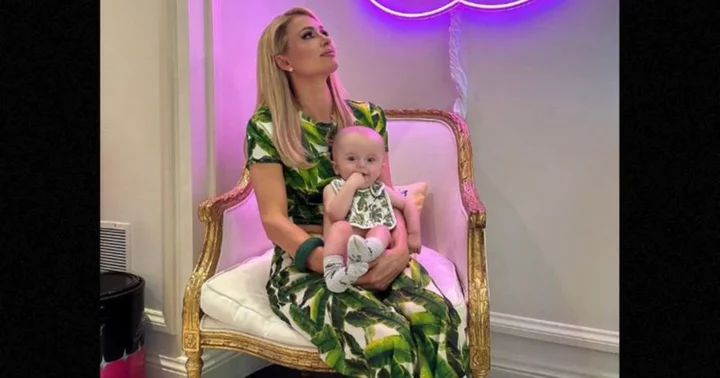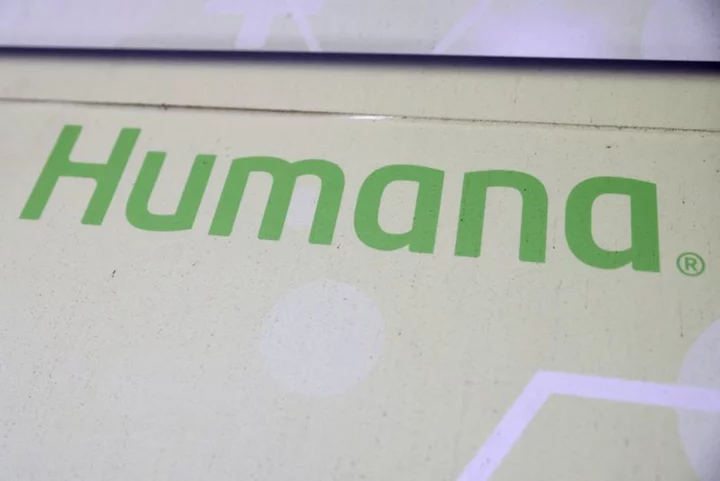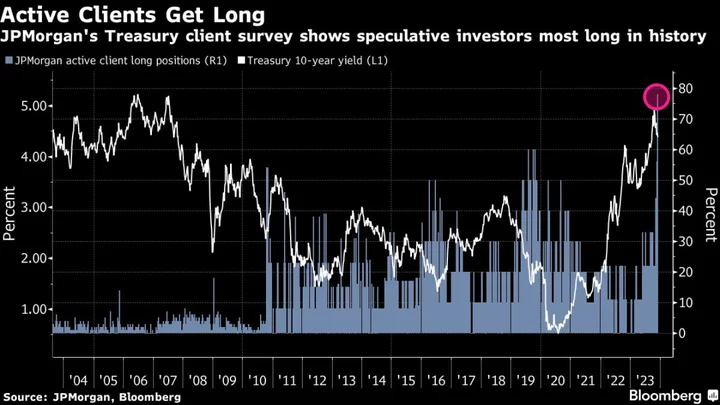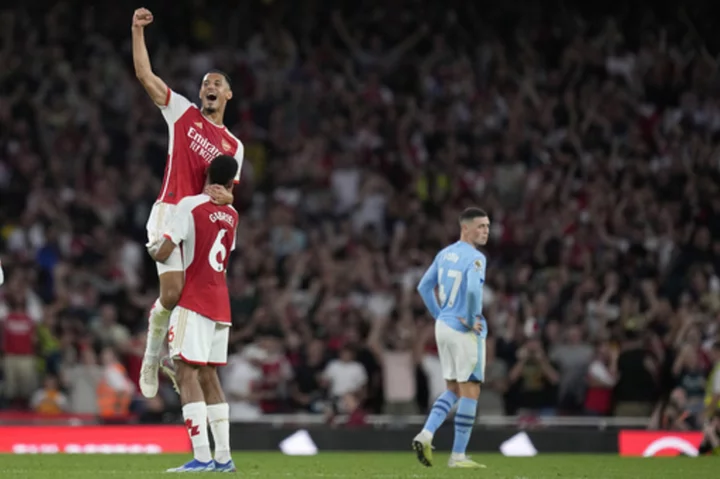The Supreme Court returns to Washington to face a new term and the fresh reality that critics increasingly view the court as a political body.
In the wake of a series of controversial decisions made possible by former President Donald Trump's three nominees, including the seismic reversal of Roe v. Wade, the justices find themselves catapulted into the very center of the political discourse.
Their opinions feature prominently on the campaign trail, approval ratings have plummeted to new lows and Democrats in Congress are vowing to regulate the third branch in the midst of allegations justices are skirting ethics rules and attacks on the very legitimacy of the court.
So far, they have struggled to respond. At public appearances they grasp at the promise of judicial independence while sending mixed signals about changes that might be afoot.
Tuesday, the justices will meet in person for their first closed-door conference of the term.
Chief Justice John Roberts is at the center of it all.
How he navigates this term will shape the trajectory of his tenure going forward. Some say he'll remain on the sidelines, out of the fray. Others say he cannot afford to do so.
Earlier this year, Roberts declined an invitation to appear before the Democratic-led Senate Judiciary Committee to discuss Supreme Court ethics, citing separation of powers concerns. In May, speaking before an audience in Washington, Roberts said he wanted to assure the public that the court is committed to adhering to the "highest standards of conduct."
It was one line in one speech.
But at the end of June, as controversy continued amid a raft of high-profile decisions that largely broke along ideological lines, Roberts made an unusual choice. In a 6-3 opinion striking down President Joe Biden's student loan forgiveness program, the chief strayed from the case at hand.
He said that it had become a "disturbing feature of some recent opinions to criticize the decisions with which they disagree as going beyond the proper role of government."
He appeared to be responding to the dissent penned by Justice Elena Kagan and joined by Justices Sonia Sotomayor and Ketanji Brown Jackson. "In every respect, the Court today exceeds its proper limited role in our Nation's governance," Kagan began.
Noting her disagreement, Roberts took the occasion to write, "we do not mistake this plainly heartfelt disagreement for disparagement." He added: "Any such misperception would be harmful to this institution and our country," he wrote.
It was unclear if the line was directed at his dissenting colleagues or critics outside of court or both, but it was an unusual digression from a justice who, by definition, lacks an obvious pulpit to defend his branch of government.
The way forward for Roberts is not obvious.
Even if he did believe a formal ethics code is necessary, it's unclear whether he would need a unanimous vote to move forward. Conservative Justices Clarence Thomas and Samuel Alito might, for instance, balk at such a move arguing that it would never satisfy critics whose true goal is to damage the institution.
Some believe Roberts ultimately will steer clear of the controversy.
"I don't see him moving in any direction to encourage further disclosure reforms, and I don't see Congress as being able to get sufficient traction," Cate Stetson, a lawyer at Hogan Lovells, said at the Cato Institute earlier this month.
Congress watching closely
But if the court does nothing, pressure will continue.
Senate Judiciary Chair Dick Durbin, a Democrat, traveled to the Supreme Court on September 12 as an invited guest to the annual meeting of the Judicial Conference -- the policymaking body for the federal courts.
Sitting next to the chief justice on Roberts' home turf, Durbin lobbied him to adopt an enforceable code of conduct directed specifically at the justices, according to a source.
Roberts and others have continuously stressed how difficult it would be to adopt such a code, particularly when it comes to recusal issues.
In April, all nine justices released a new statement hoping to provide "clarity" to the public about their ethics procedures, noting that they consult a "wide variety of authorities" when addressing specific ethics issues. They noted that while the Judicial Conference has a code of conduct followed by lower court judges, the conference "does not supervise the Supreme Court."
The statement outlined complications that distinguish the Supreme Court from the lower courts.
At the lower court level, for instance, federal judges can substitute for each other if one judge recuses from a case. That's not true at the high court where only members can hear a dispute.
The statement did little to appease critics who say the justices can no longer continue to voluntarily follow rules that govern lower court judges. They must, critics say, have a code of conduct that binds them directly.
Response from the bench
Some conservatives believe there is no impending judicial crisis. Instead, they say, critics of the court are manufacturing a controversy to delegitimize the institution and staunch the flow of conservative opinions.
Carrie Severino, president of the conservative Judicial Crisis Network, who is also a former clerk for Justice Clarence Thomas, tweeted recently that the problem is not corruption.
"The problem is the coordinated campaign by dark money activists, radical politicians, and a willing media to imply there is corruption, undermining the Court's integrity and selectively smearing the justices they disagree with," she wrote.
Alito, who wrote the opinion overturning Roe, has taken a radically different approach than the chief justice.
In an interview in July that appeared on The Wall Street Journal's editorial page, Alito said forthrightly that Congress should stay out of the Supreme Court's business.
"I know this is controversial view, but I'm willing to say it," he said. "No provision in the Constitution gives them the authority to regulate the Supreme Court -- period."
Alito said that he marveled "at all the nonsense that has been written about me in the last year" and noted that in the face of a political onslaught he was rejecting the notion that judges and justices "should be mute" and leave it to others to defend them.
"I've said to myself, nobody else is going to do this, so I have to defend myself," he wrote.
A month earlier he sought to preempt a ProPublica report that had not yet been published concerning allegations that he should have disclosed luxury travel from 2008.
Over the summer, other justices were asked about ethics and the court's legitimacy by friendly questioners at universities and judicial conferences -- although they never addressed specifics.
Unlike Alito, Justice Elena Kagan suggested in August that here was some daylight on the question of whether Congress has a role to regulate the Supreme Court. Last week, she told an audience in Indiana that she thought it would be a "good" idea if the court were to adapt the ethics code used by lower court justices to fit the Supreme Court.
For her part, Justice Amy Coney Barrett noted that criticism of the court is nothing new. At an appearance before a judicial conference in Lake Geneva, Wisconsin, she said that "critiques of the court" are part of its history. Public criticism "comes with the job" she said.
Justice Brett Kavanaugh had a different message in Ohio saying he was "hopeful" that there would be some "concrete steps" taken soon to address the ethics issue.
But his sentiment may have been aspirational.
As the justices grapple with how to respond, they are hampered by an additional factor.
Change at the high court comes slowly. The court's unofficial mascot -- the tortoise -- can be found at the bottom of bronze lampposts on the building grounds. The tortoises are meant to symbolize the slow and steady pace of justice.
Almost nothing at the high court comes quickly, and the institution is not new to controversy. The justices may decide to ride out the storm.









